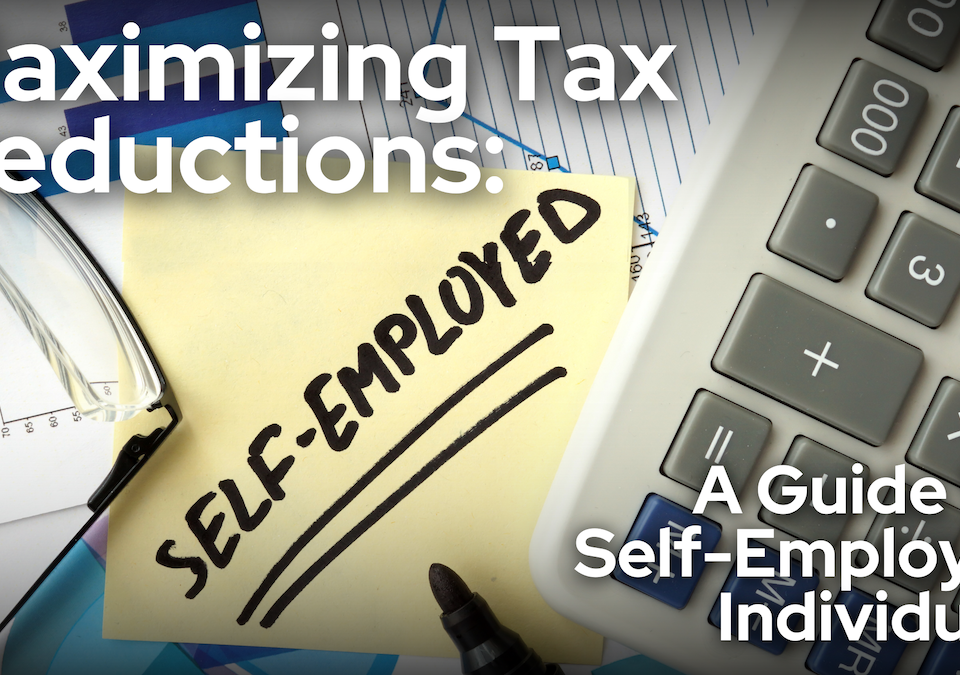- PHONE: 706.288.2000
- FAX : 706.288.2001
State Tax Nexus and Remote Work

Beware of the Latest Scam
July 18, 2023
How the IRS Detects Possible Identity Theft
September 18, 2023In our ever-evolving digital landscape, remote work has become the new norm for many businesses. While this shift has brought about increased flexibility and productivity, it has also given rise to complex tax implications that can catch both employers and employees off guard. In this article, we delve into the intricate world of state tax nexus and remote work, shedding light on the challenges and strategies for maintaining compliance in the face of changing paradigms.
Understanding State Tax Nexus:
State tax nexus refers to the connection between a business and a state that can trigger a tax obligation. Traditionally, this connection was established through physical presence, such as having an office or employees in a state. However, with remote work blurring geographical boundaries, the concept of nexus has taken on new dimensions.
The Impact of Remote Work on Nexus:
Remote work can potentially create tax nexus in states where businesses did not previously have a physical presence. For instance, if an employee is working remotely from a different state, the business could inadvertently establish nexus in that state, subjecting it to various state taxes, including income, sales, and franchise taxes.
Navigating Tax Compliance:
Employee Residency:
Understanding where employees are located and whether they are performing work temporarily or permanently in another state is crucial. Different states have varying rules for determining tax liability based on the duration of remote work.
State Tax Withholding:
Employers must determine the appropriate state income tax withholding based on employee location. Some states require withholding regardless of the employer’s physical presence.
Sales Tax:
If remote employees are engaged in sales activities, businesses may be subject to collecting and remitting sales tax in those states, even if they do not have a physical presence there.
Filing Requirements:
Businesses may need to file income tax returns in states where nexus is established due to remote work. Determining the threshold for filing and complying with reporting requirements is essential.
Strategies for Mitigating Remote Work Tax Risk:
Documentation:
Maintain meticulous records of employee locations and the duration of remote work to support your tax position.
Review Employment Agreements:
Review and update employment agreements to clarify tax responsibilities and ensure alignment with changing work arrangements.
State Agreements:
Some states have reciprocal agreements that allow employees to avoid double taxation. Understand these agreements and their implications.
Technology Solutions:
Leverage technology to track employee locations and automate tax withholding calculations to ensure accuracy and compliance.
Seek Professional Guidance:
Collaborate with our tax professionals at Anderson, Adkins & Company who are well-versed in multi-state tax regulations. They can help navigate the complexities and ensure proper compliance.
As the digital age reshapes the way we work, it also reshapes our understanding of state tax nexus. Navigating the intricate landscape of remote work and tax obligations demands a proactive approach. By understanding the implications, staying informed, and seeking expert guidance, businesses can maintain compliance while harnessing the benefits of remote work.
At Anderson, Adkins & Company, we are dedicated to helping you navigate these complexities and make informed decisions. Contact us today to ensure that your business remains on solid ground in this dynamic tax environment.




